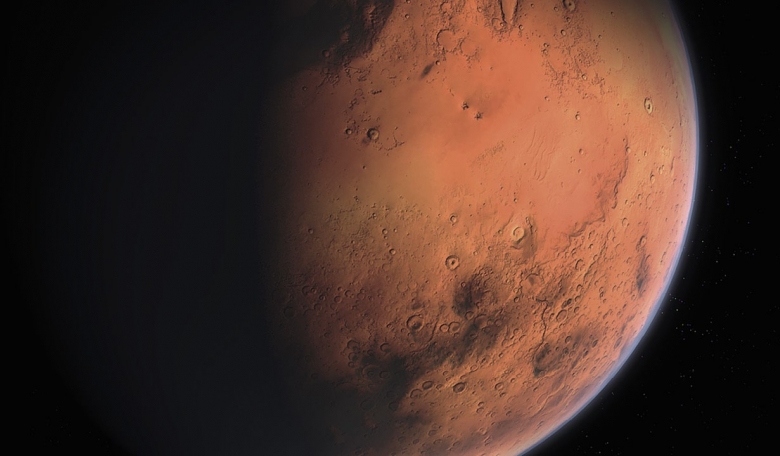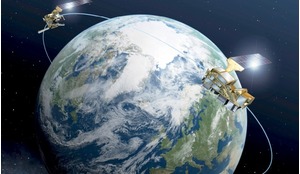If future long-term Mars missions are to be sustainable, we need to develop propulsion systems that utilise locally available in-situ resources from which propellants can be derived. The authors discuss the requirements for a practical rocket system for Mars vehicles.
Currently, we are living in the Earth-dependent era of space exploration, which uses assets such as the International Space Station (ISS). Various experiments have been conducted onboard the ISS to understand the effects of microgravity, such as flame formation, bacteria/plant growth and astronaut biology, while cargo transfer to the ISS can be performed easily with existing launch vehicles.
However, a major goal of the space community is to engender an Earth-independent era for space exploration. All the above ISS-related competences – along with the advantage of near real-time communication with Earth - are useful in preparing the space community for long-term, deep space missions, but they require a self-sustained living space for humans and cost-effective launch vehicles. Thus, making space more affordable, accessible and sustainable will be the main challenge for the next generation.
The current target of long-term Mars missions requires sustainable and low cost in-situ propulsion systems for transportation which, theoretically, could use both air-breathing engines and rockets. However, because of the low atmospheric pressure, air-breathing engines are impractical as they would require infeasibly large inlets. Likewise, condensed phase combustion products make the turbojet engine inadequate and an infeasibly high speed vehicle is needed for ramjet operation.













